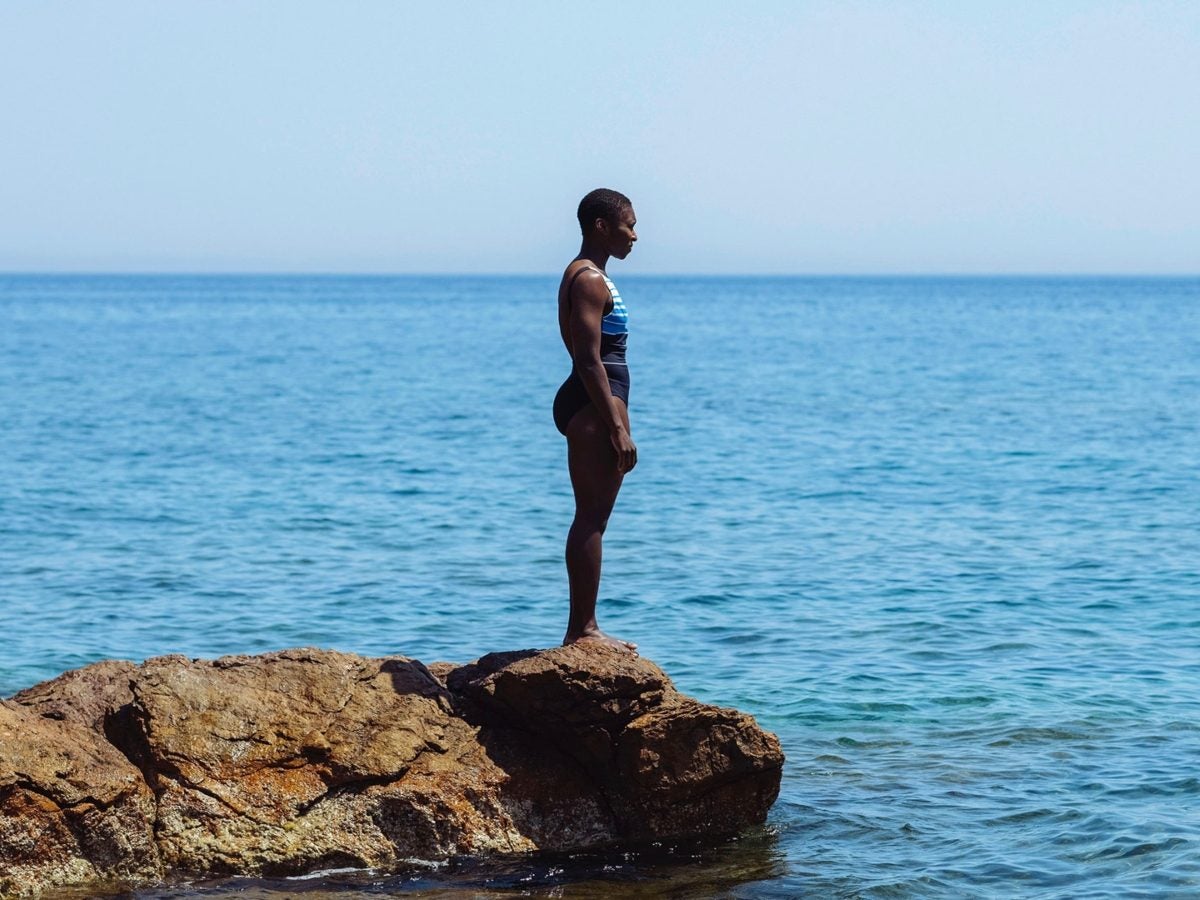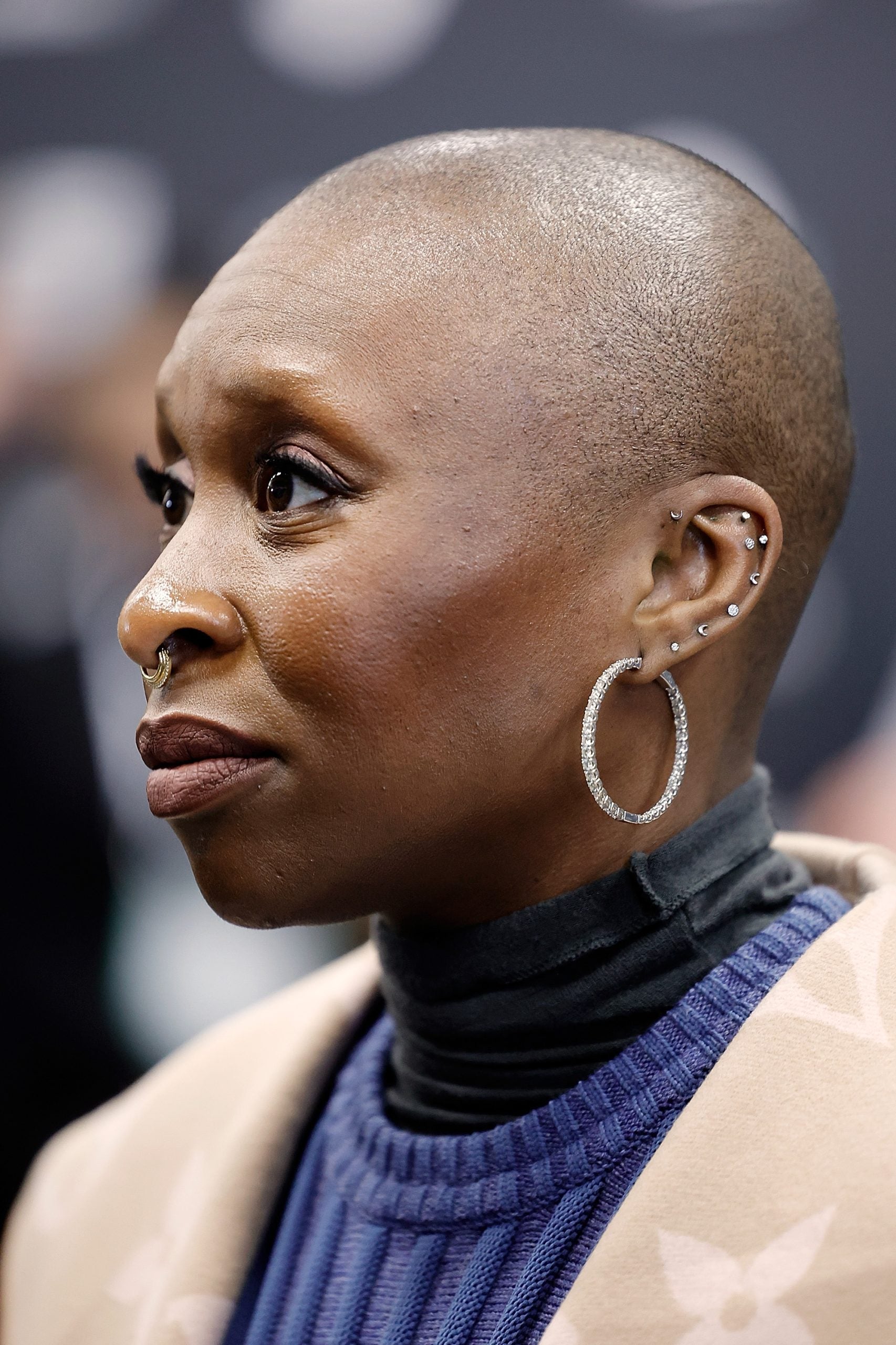
Stories of African migrants arriving on Europe’s shores are not unusual in the latter continent’s news headlines. They are also accompanied by singular narratives of people escaping poverty and difficulty, rarely ever examining the nuances of any one individual life. In director Anthony Chen’s English debut Drift, adapted from Alexander Maksik novel, A Marker to Measure Drift, the film successfully avoids this ready-made formula and instead opts for a more refreshing story of an atypical tale of a Liberian woman named Jacqueline from an elite political family who finds herself a refugee in Greece after her family is attacked and killed in her home country.
Jacqueline, portrayed by Cynthia Erivo —whose brilliant portrayal is as expected as it is exceptional — does not typify the usual migrant refugee of African descent, but instead comes from a background that is cosmopolitan and, notably, she speaks with a British accent that affords her a level of privilege on the Greek island the other African migrants are not able to accomplish. Indeed, her presence and demeanor are juxtaposed against other African migrants as she can more successfully navigate and manipulate her way into looking like she might be a tourist rather than the refugee that she is.

Unlike what one might expect, Jacqueline does not appear to be in a particular haste to seek out a community as other refugees might. And she only seems to attempt to work — or steal — when she needs something. She is, fittingly, drifting through her life in much of the film as she deals with having watched her family be killed in front of her eyes, Liberia plunged into war. The violent scenes of her family’s death do bring pause with the revelation of her pregnant sister’s violent rape prior to her death by anti-government forces, some of which are children. These tragedies occur when a nation plunges into war, yet the scenes still feed into the imagination of cruel, beastly Africans who turn their children into child soldiers, young people whose innocence has been lost if they were even allowed to have it to begin with.
It’s notable that Jacqueline seems uneasy with her family’s political position when she comes to visit them from the UK, which coincided with the demise of her loved ones. Still, the questioning viewer may also understand that the violence of what happened to Jacqueline’s family is rooted beyond the violence inflicted on them; the children and adults killing are not innocent and neither is her government loyalist father. An exploration of this, if only briefly, might have further complicated the narrative in Drift.
In any case, the psychological toll of what Jacqueline lives through manifests in how she appears to be aimlessly moving through the world. But she is hardly alone in this drifting. She meets an American woman Callie (Alia Shawkat) whose divorce from her husband has left her seemingly undirected in life as well.
It would have been easy to allow Callie to become Jacqueline’s (white) savior, but Chen did something far more interesting instead in the film via Jacqueline explicitly expressing that there is nothing for Callie to fix in her, and then, by the final scenes of the film, showcasing that the women can save each other through friendship. It’s a touching conclusion that feels deserved amid the horrors of Jacqueline’s past and uncertain present and future. In the final scene when she jumps into the Greek waters for the first time to swim, Callie sits watching her on shore while Jacqueline is drifting in the water not without purpose, but with a lightness that might even look like fearlessness, maybe it even looks like freedom.




